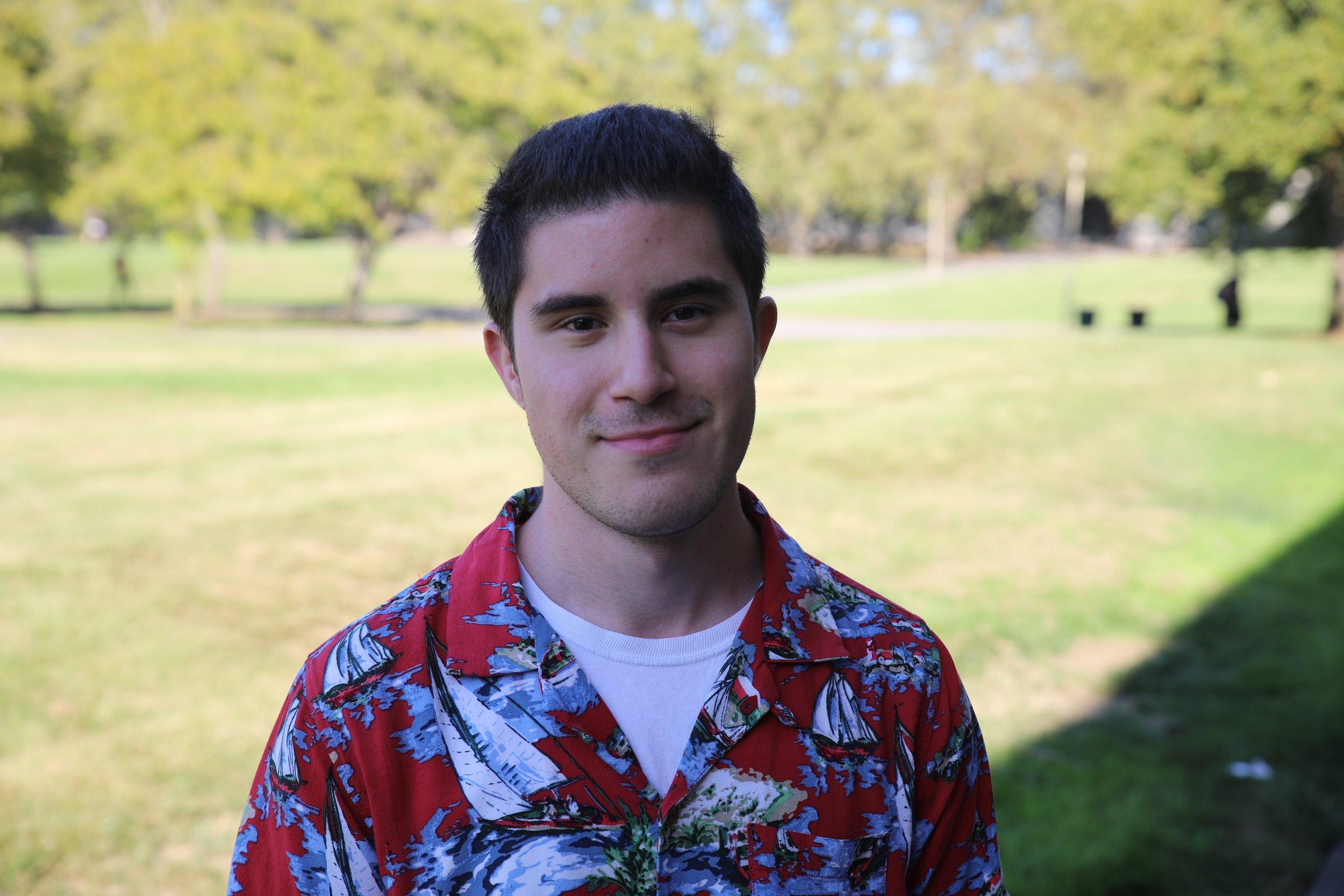Columnist Luis Mejia
Just weeks ago, Facebook was nothing more than an innocent distraction we used to pass the time at work. Though as of last week, it might as well have adopted the role of “1984’s” Big Brother after they discovered that Facebook had handed over more than 50 million user profiles to a data analytics company without their consent, according to The New York Times.
The company in question: Cambridge Analytica, created in part with a university researcher who created an app designed to acquire information through personality tests and then pass said information on to those willing to pay for it, many of which included political campaigns. Over time the company grew, eventually claiming to have information on over 230 million American voters, and allegedly having been responsible for influencing the Brexit campaign and the 2016 presidential election.
Of course, none of these revelations would have come to the surface if not for Christopher Wylie, a former data scientist who worked with Cambridge Analytica and a newfound whistleblower in the wake of these developments.
“We spent $1 million harvesting millions of Facebook profiles,” Wylie told The Guardian. “You are playing with the psychology of an entire nation in the context of a democratic process.”
He is right, but more importantly, it’s frighteningly disconcerting that people are only realizing this now. Aside from the fact that Google has practically exercised its own version of this for years, plenty of websites as well as news organizations have relied on cookies to educate them on the demographics of their audiences. Cookies are small text files stored on one’s computer and used by websites to track individual activity, engagement and preferences.
Naturally, this came with its fair share of backlash at the time of its introduction, and yet, since then most internet users seem to have grown numb to this practice both because it’s beyond their control and because others have made them aware of it.
In this case, however, the public has become aware that Facebook, another company familiar to this, hasn’t been able to maintain control of its data or do much of anything after learning that such a massive data breach occurred. But while many are justifiably outraged, what we ought to be is relieved.
Other than advertising, this is exactly how every single social media platform makes its money these days. Despite Facebook’s damage control claims that it does not share user information with outside influences immorally, should anyone really believe that at this point? After all, if Facebook figured out how to keep it concealed for as long as it did, it makes sense that similar platforms would have learned by now as well.
The blindfold has finally been stripped from many people’s faces and if the aftermath is a couple of million accounts being deleted, then perhaps this is a blessing in disguise best suited for the future. No one can say for certain if this concern will get better or worse, but with the rising tide of technological innovation and privacy debacles becoming a formality nowadays, at the very least we should stay informed.
Anyone who posts their personal information online is already at risk of having their information taken without their consent. Therefore, as cynical as it sounds, it is best not to lie to ourselves about it. According to The Verge, Facebook has since apologized, no longer allowing third-party data for targeting ads and issuing its routine promise to do better, but I believe we can do even better than that.
The internet has revolutionized the way we receive and understand information. If we do not revolutionize our expectations of these new media giants still protected by a generous blanket of nuance, then this wild ride is far from over.





![[Both photos courtesy of sonoma.edu]
Ming-Ting Mike Lee stepped in as the new SSU president following Sakakis resignation in July 2022](https://sonomastatestar.com/wp-content/uploads/2024/04/CC4520AB-22A7-41B2-9F6F-2A2D5F76A28C-1200x1200.jpeg)



























